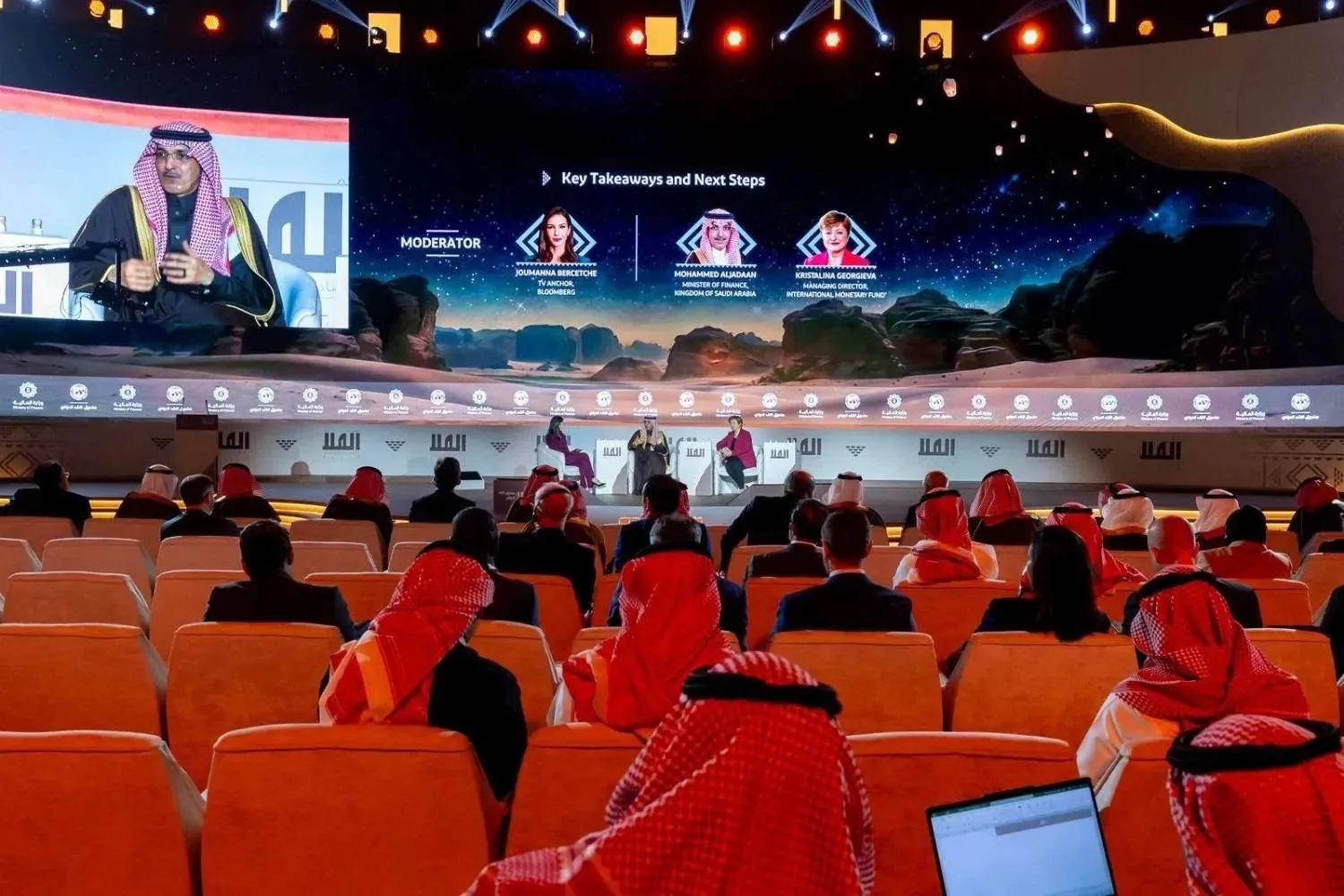The United Arab Emirates announced the UAE Net-Zero by 2050 Strategic Initiative, a national drive to achieve net-zero emissions by 2050.
The initiative aligns with the Paris Agreement, which calls on countries to prepare long-term strategies to reduce greenhouse gas emissions and limit the rise in global temperature to 1.5 C compared to pre-industrial levels.
The UAE will invest more than 600 billion dirhams ($163.3 billion) in clean and renewable energy over the next several years to achieve net-zero emissions by 2050, Sheikh Mohammed bin Rashid Al Maktoum, Vice President, Prime Minister and Ruler of Dubai, confirmed on Thursday.
The UAE will "play a global role in combating climate change", Sheikh Mohammed posted on Twitter.
"The UAE’s Net Zero 2050 Strategic Initiative announced today is consistent with the longstanding vision of the UAE and its people to make a significant contribution to global sustainability efforts while supporting economic and human development both at home and around the world."
Minister of Industry and Advanced Technology and Special Envoy for Climate Change Dr. Sultan bin Ahmed Al Jaber said, "The UAE Net Zero Strategic Initiative is an open invitation to the world to collaborate with the UAE in developing practical solutions, boosting multilateralism, and creating opportunities for sustainable socio-economic development.”
Minister of Climate Change and Environment and Minister of State for Food Security Mariam Al Mheiri stressed that research will play a key role in dealing with climate change in the coming years.
The energy strategy revealed by the UAE back in 2017 aims to increase efficiency in personal and corporate energy consumption by 40 percent, bring the total share of clean energy from 25 percent to 50 percent and save up to 700 billion dirhams ($190.5 billion) by 2050.









